
In December 2023, Rishi Sunak, once again, made headlines for a bold and controversial policy proposition which seeks to ban social media usage for those under 16 citing mental health and well-being reasons. Shortly after the statement, Sunak was deeply criticised for the proposition and an article published in The Guardian went as far as calling the plan ‘silly.’ Since then, three months have passed, however, no further development has been observed on that front.
In response, Gary Alexander Neville, the English football pundit and former player tweeted “Rishi Sunak is looking to ban kids from social media until they’re 16. It’s not enforceable and it’s not realistic at all. Why do they always take the shortcut? What about building a curriculum that is best in class in “Social Media” taught at schools and get kids good at it. Social Media isn’t going away and getting our children to use it properly and safely is a must. I’ve been banging on about this with our University and on other platforms for years now. Digital is at the heart of everything we do and Social Media can be a positive way to demonstrate our own personalities and character. We always look at the negative consequences of it (which do need some looking at) but we can’t stop it. Let’s get our kids good at it and improve the communication skills of them in a smart environment.”
Context: The UK has passed the Online Safety Act which “enforces age limits and uses age-checking measures on platforms where content harmful to children is published”. Sunak has made no comments regarding this proposition and reports state that although bans are being discussed, they are unlikely to be incorporated into the final plan, and options may not be ruled out for actions like a ban or better parental controls.
However, while the ban is unrealistic and in essence does not address the core problem, the reasons cited for the ban are worth unpacking. The conversations around the detrimental impact of social media on mental health are not new.
In this issue of TypeRight we will look at who and what is at risk because of social media.
The association between mental health and social media is incredibly complex and we do not have enough data to affirmatively claim that social media hinders a person’s mental health except anecdotes. The assumption that social media is detrimental to one’s mental health is grounded on two premises (a) social media causes absence of real connections in the physical world (b) people are exposed to various harms on social media.
An 8-year longitudinal study examining the association between time spent using social media and depression and anxiety at the intra-individual level found that increased time spent on social media was not associated with increased mental health issues across development when examined at the individual level.
However, if we look at qualitative data that especially inquires into the negative aspects of social media we can find a person’s identity closely dictates their social media well-being.
For example, a study conducted with 1,819 Australian participants found that social media might have negative aspects for female youth whereas it is perceived as a leisurely activity for male youth and it was used as social surveillance to compare lives which could lead to depressive moods.
Based on a user’s identity, they can also become exposed to different kinds of harm online which can translate into poor well-being. For example, unrealistic appearance ideals are rampant on social media and adversely affect women’s self-esteem.
Similarly, youth from socially disadvantaged backgrounds are more at risk of cyber-bullying. Recently, a queer teen artist Pranshu’s death brought attention to how difficult it is for queer influencers and queer people in general to navigate social media. Even the news of Pranshu’s death brought a flood of transphobia into the comment section.
The challenges to our well-being in our physical world translate into our digital world. The only difference is that social media is designed for profit-making and the cost of our well-being isn’t factored into it. Social media is dynamic, anonymous, and designed to polarise our for-you-pages with little legal consequences.
This was brought to the public’s attention by the fairly recent congressional testimony of the CEOs from Meta, X, Discord, Snapchat, TikTok on online child sexual exploitation. The testimony will hopefully lead to global child-safety legislation for social media and set a precedent for holding Big Tech CEOs accountable who profit off of this exploitation.
Moving forward, we need more research on how social media is affecting different sections of society, what are the current harms, future risks and how we can move forward in social media governance taking a multi-stakeholder approach.
If you would like to explore the discourse around social media governance and mental health, refer to the resources below:
For the academic reader:
Social media governance process: This white paper by GramVaani highlights the challenges of social media and how they can be addressed in India-specific contexts.
Tech companies and the public interest: the role of the state in governing social media platforms: The paper uses empirical evidence to demonstrate how the state is facilitating social media governance in the US, Africa, and Sub-saharan Africa. It also discusses how we can chart the future of social media governance.
A review of Platform socialism by James Muldoon: The short review of the radical book that asks us to reclaim our future from the Big Tech. A brilliant introduction to understand how the values of socialism (mentioned in our preamble) can be applied to the digital platforms we use daily.
To truly hold Big Tech accountable, whistleblowers need better protections: A legal take on how to hold big tech accountable.
For the non-academic reader:
Fundamentally Against Their Safety: the social media insiders fearing for their kids: Anecdotes and data to help you understand how Big Tech poses risks in our everyday lives.
Digital Colonialism: Highlights the concerns of the global south in terms of power asymmetry and resource dominance.
For the non-reader:
In the meanwhile, here are some newspaper clippings for further reading to what was happening around us that relates to digital rights arena:
















For more info on the day to day development at Digital Empowerment Foundation, you may follow @defindia on X, Instagram, and LinkedIn
Next week we will bring to you whats happening on the ground with various DEF projects, verbatim through internal WhatsApp groups sharing and also we will update what we did in the last 3-4 months through major events.
Ciao

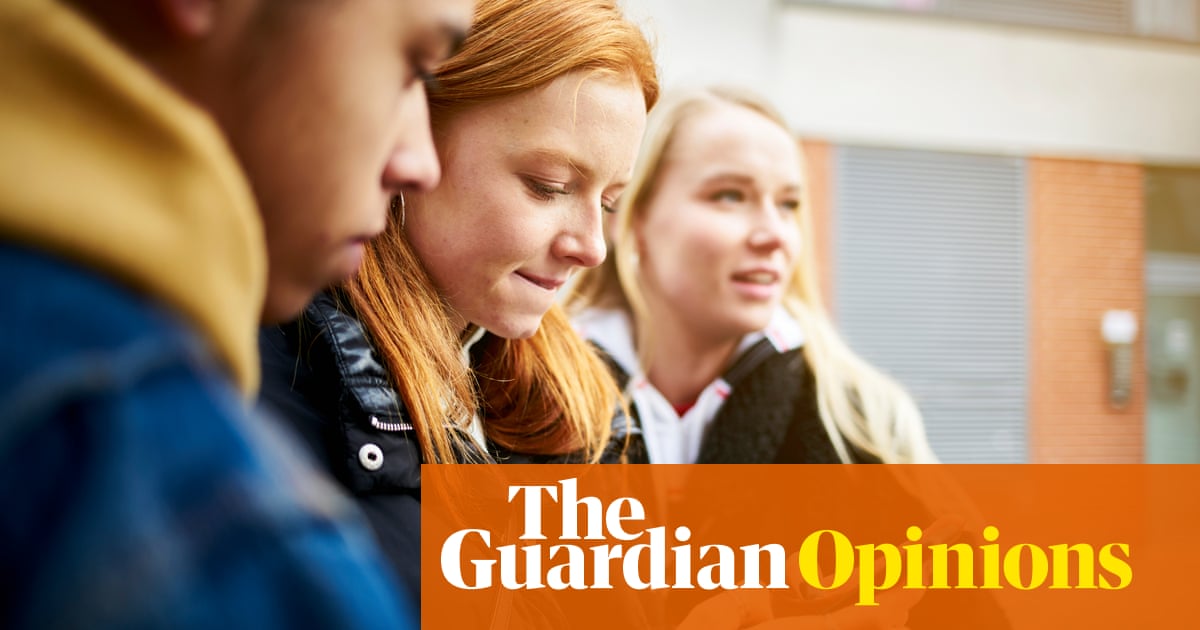
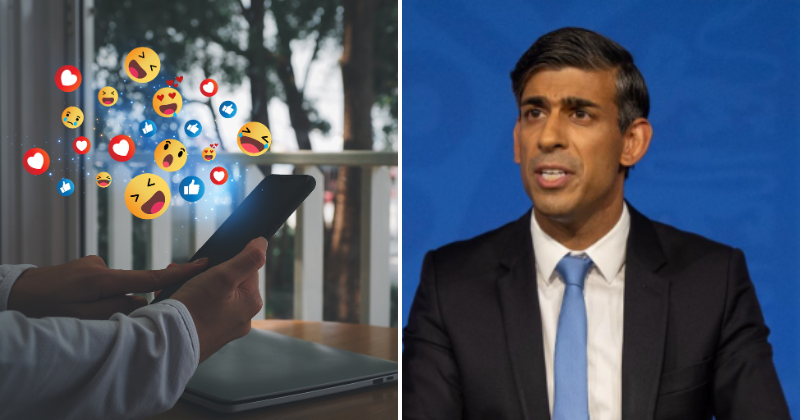


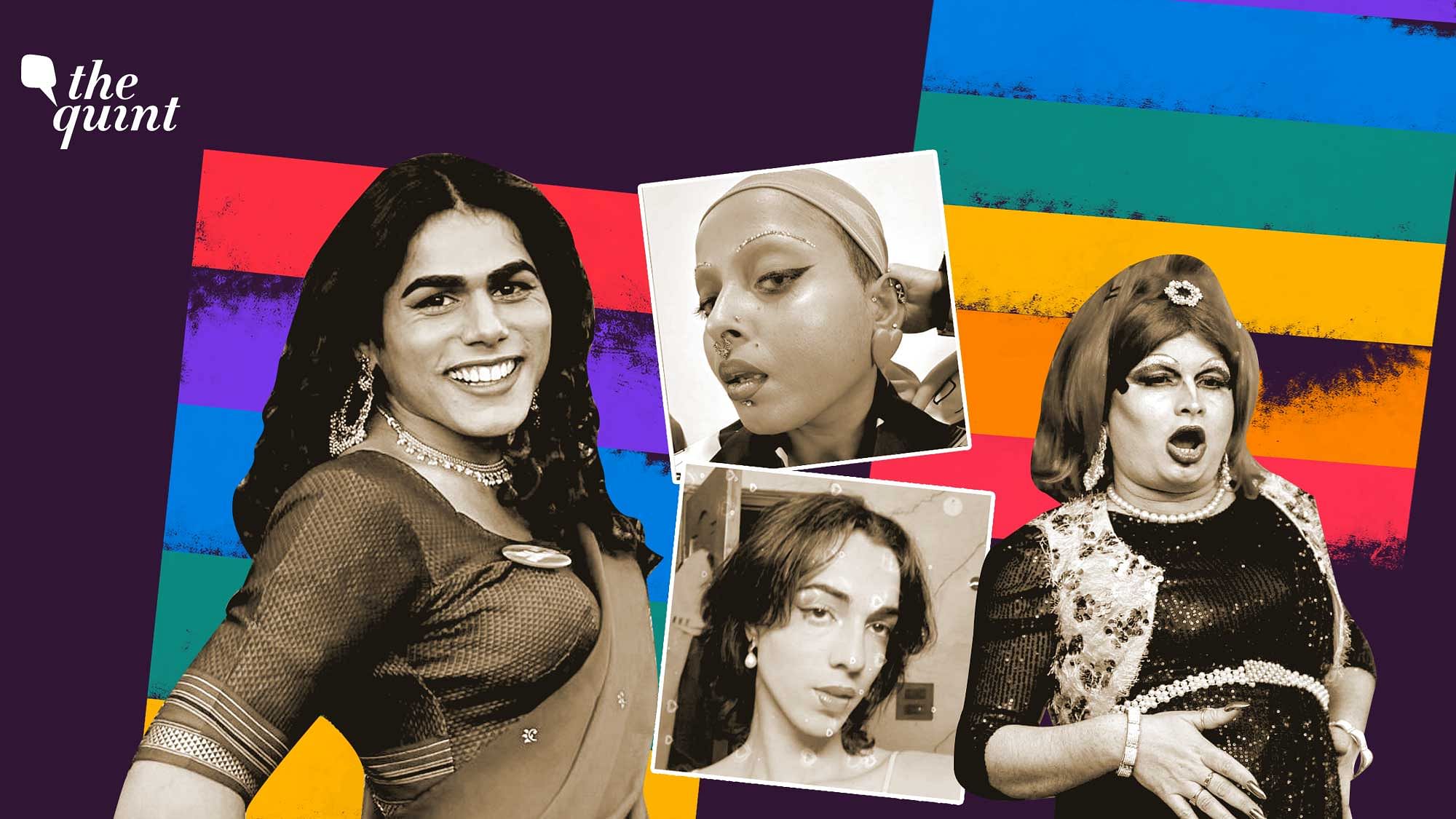

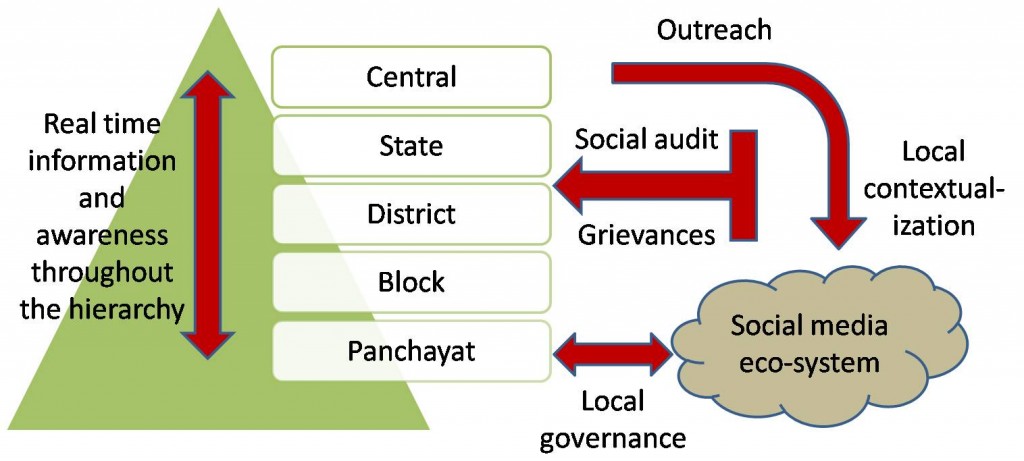
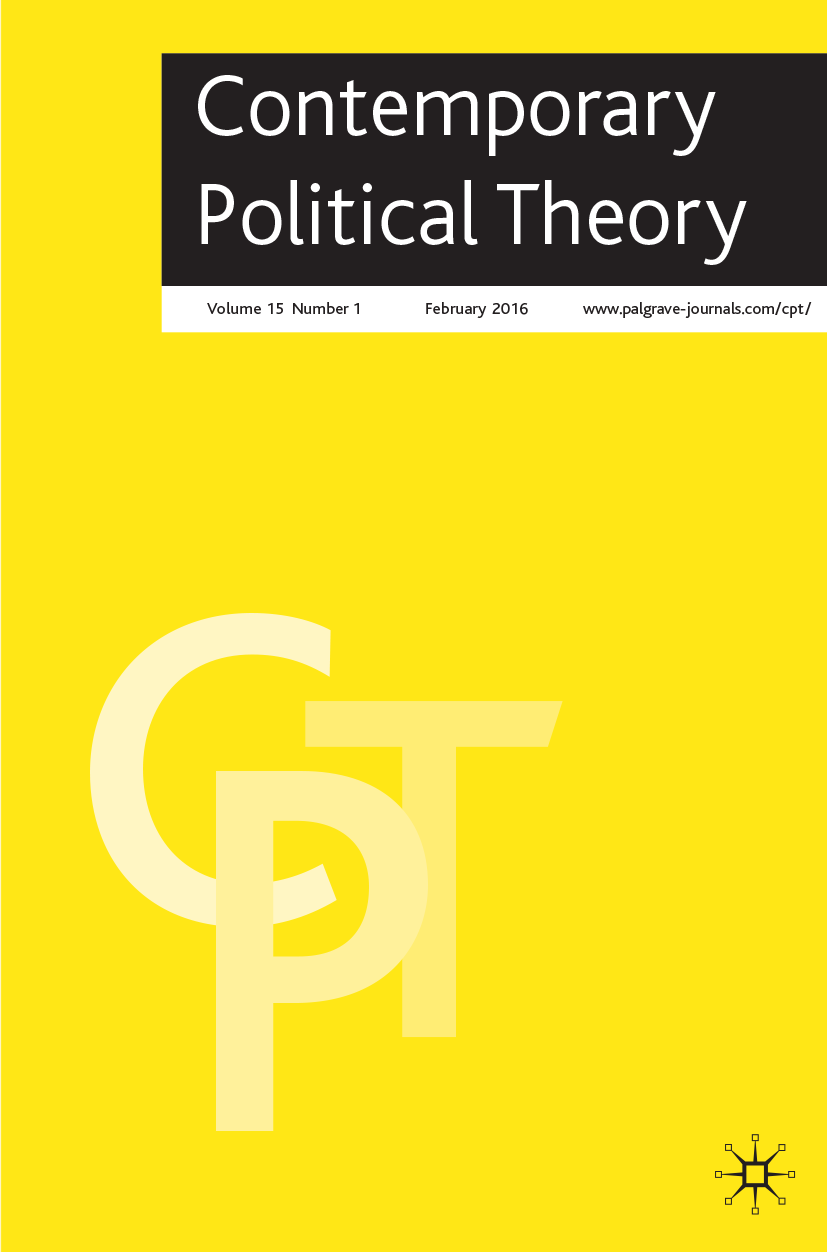
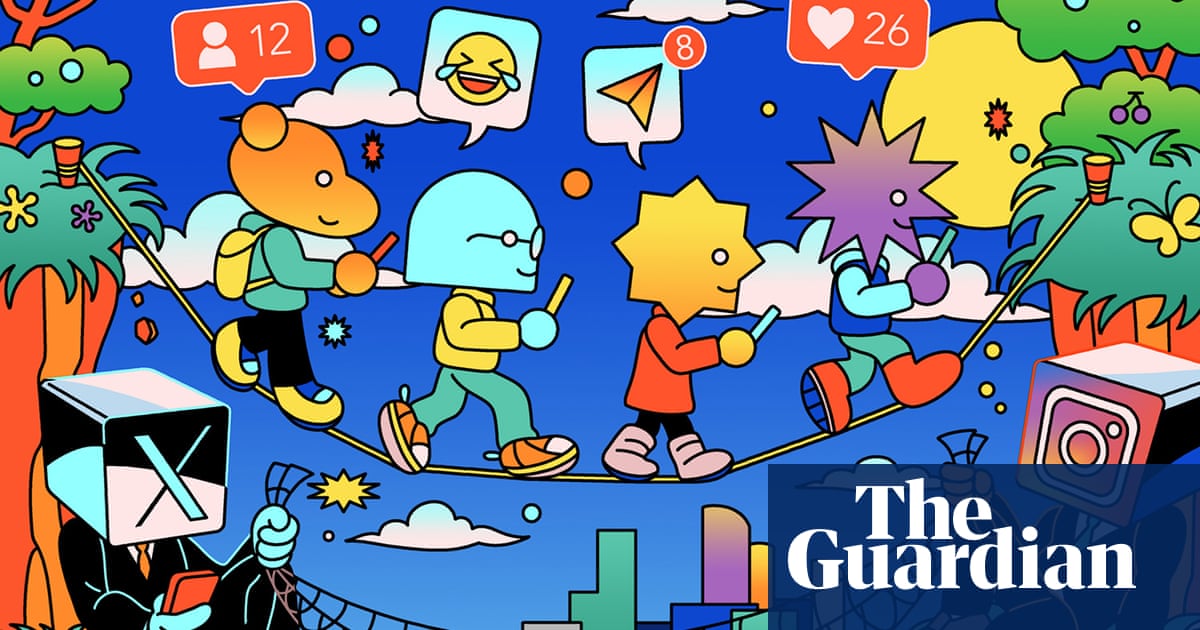
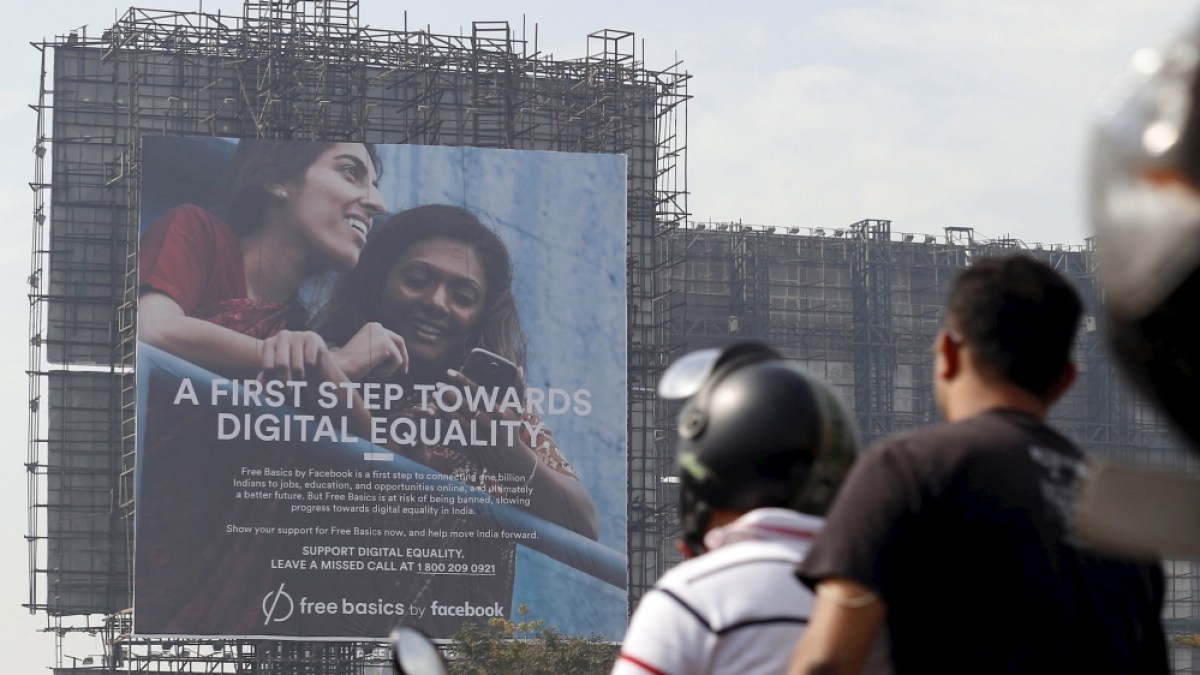




















 might be?](https://sk0.blr1.cdn.digitaloceanspaces.com/sites/1394/posts/714526/dbc8de4c-5c50-411f-aba0-55cfb74a692d.jpeg)

Write a comment ...